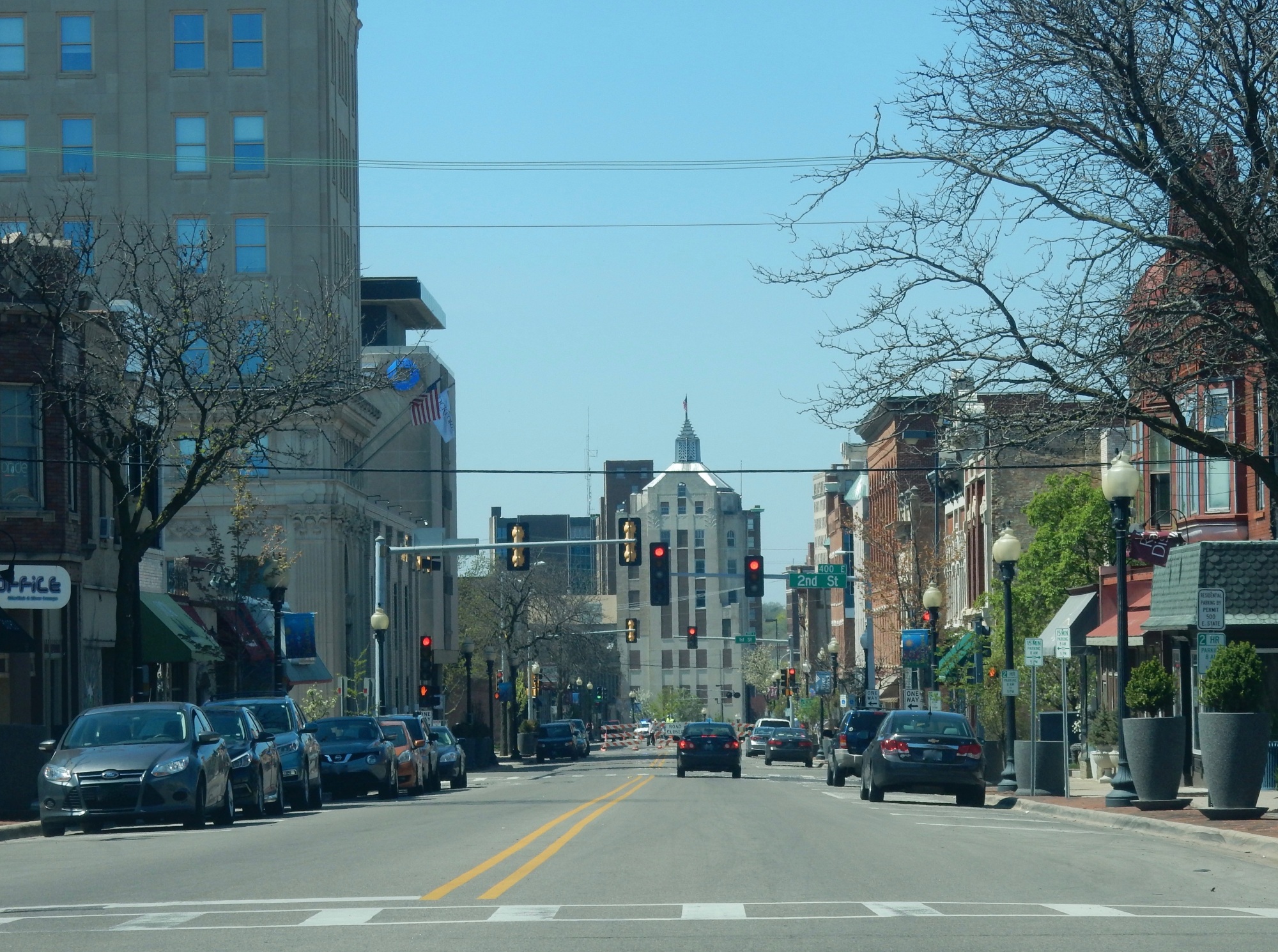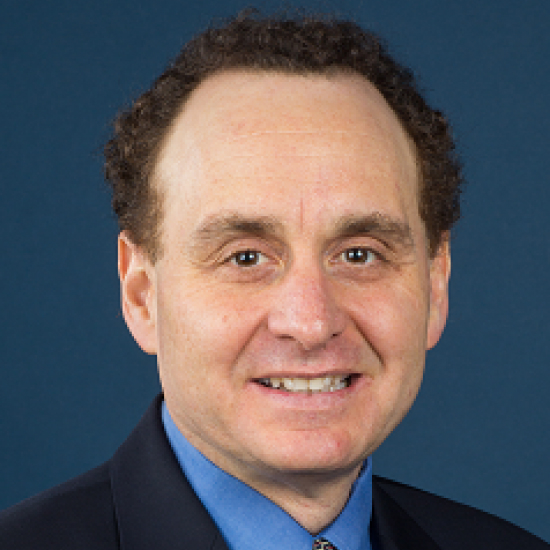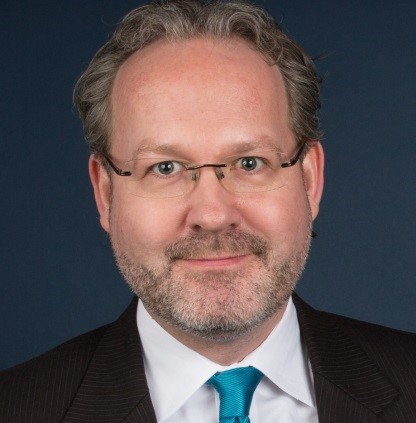Introduction
In late 2014, Rockford, Illinois Mayor Larry Morrissey signed on to Michelle Obama’s challenge to end veterans’ homelessness. Rockford Human Services Director Jennifer Jaeger and Homeless Program Coordinator Angie Walker were tasked with the primary responsibility of “functionally” eliminating veterans’ homelessness in Rockford. This meant ensuring that no veteran, from that time onward, would spend more than thirty days unhoused.
Rockford, the third largest city in Illinois, was hit hard by deindustrialization starting in the 1980s, struggling ever since with job loss, blight, and attendant social ills. When elected as Rockford’s mayor in 2005, Morrissey made tackling homelessness a priority, but, along with the city’s local and regional partners in homelessness services, seemed to be getting bogged down, often in small-scale issues like juggling their cloud-based case-management system. When Jaeger and Walker approached Morrissey in 2014 to sign onto First Lady Michelle Obama’s Mayor’s Challenge, he did so only after considerable hesitation.
Once the mayor had made a political commitment, he was under pressure to deliver. On the one hand, Rockford had already been making changes: devising a coordinated-entry system to centralize information within the local ecosystem of service providers for people experiencing homelessness; and endorsing a “Housing First” approach which, as the name suggested, meant the first obligation was to offer people housing, and from there determine what other services (e.g., counseling, substance abuse treatment) were needed.
On the other hand, however, was a hard truth: No one knew how many unhoused veterans lived in Rockford at a given time, much less how to house them all. Navigating bureaucracy and housing, each veteran would take resources and persistence in a fatigued system with little to no accountability. This was the task before Jaeger and Walker.
Learning Objectives
The overarching learning objective of this case is to help senior leaders in government understand how to build data-analytics capabilities designed to tackle tough urban problems that require a cross-boundary approach, sometimes with non-government actors. (Other problem-oriented challenges, besides data, for which this case can be used include policy, governance, and executive leadership.)
More specifically, participants will examine:
What does it mean for a government or city agency to be “data-informed”?
- Constantly and systematically asking the right questions at all levels of the organization and using data to arrive at answers and make organizational changes (rather than simply introducing tools and data)
What value or new capabilities derive from being “data-informed”?
- Expanding one’s understanding of the system at multiple levels
- Finding out what does and does not work by rapidly testing hypotheses
- Defining and measuring progress
How can you think about transforming your organization into being “data-informed”?
- Deciding where to start when faced with a complex social problem such as homelessness
- Noting which factors or conditions are helpful and which are necessary
- Naming the challenges and barriers a government might face when trying to become more data-informed, and how to deal with them







